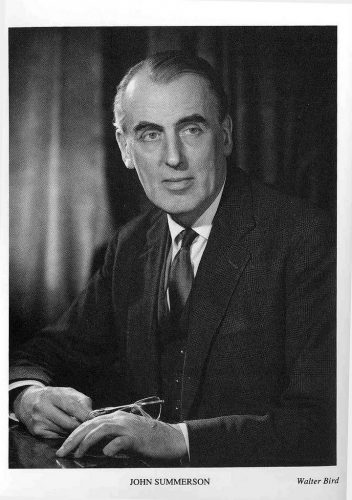Jonathan Kay: The tyranny of Twitter: How mob censure is changing the intellectual landscape. Excerpt:
A few weeks ago, shortly after I left my magazine gig, I had breakfast with a well-known Toronto man of letters. He told me his week had been rough, in part because it had been discovered that he was still connected on social media with a colleague who’d fallen into disfavour with Stupid Twitter-Land. “You know that we all can see that you are still friends with him,” read one of the emails my friend had received. “So. What are you going to do about that?”
“So I folded,” he told me with a sad, defeated air. “I know I’m supposed to stick to my principles. That’s what we tell ourselves. Free association and all that. It’s part of the romance of our profession. But I can’t afford to actually do that. These people control who gets jobs. I’m broke. So now I just go numb and say whatever they need me to say.”
also
The Writers Union of Canada and the University of British Columbia Fine Arts faculty do not operate gulags. Nevertheless, the idea that a whole career can fall victim to a single social-media message sent in a moment of anger or frustration — or even a bad joke — has produced an atmosphere of real terror that is compromising the art and intellect of Canada’s most creative minds.
I don’t think it’s just Canada, although perhaps it’s worse there than in the US at the moment.
Motivations of the trolls:
A lot of these people are brilliant writers who have spent their lives toiling in obscurity. Whole years may pass during which they will write a book of poetry, or an academic thesis, that perhaps only a few hundred people will ever read. The privilege that I am putting on display here — the right to author a long essay in a national newspaper — isn’t available to most of them. But thanks to the three-way combination of social-media technology, the moral urgency of identity politics, and these intellectuals’ hallowed status as wordsmiths, they now have a chance to gain a wide audience — and even impose their moral judgments on others. It is not hard to see why they would jump at this chance.
I am reminded of Peter Drucker’s report of a conversation he had with an acquaintance who was supporting the Nazi party. This man had come from a working-class background and felt that his career prospects had been very limited, but “Now I have a party membership card with a very low number and I am going to be somebody.”
Clarence Thomas referred to the media coverage surrounding his candidateship for the US Supreme Court as a “high-tech lynching”…the high-tech in this case evidently being television. But the nature of the television medium meant that denunciations had to originate from or at least be directed by a fairly small group of media-company employees. Now, with the rise of social media, we have crowdsourced denunciations and witch-trials, as described in the Jonathan Kay article.
In my post Freedom, the Village, and the Internet, I drew on some passages in the novel Every Man Dies Alone, which is centered on a German couple who become anti-Nazi activists after their son Ottochen is killed in the war (it was inspired by, and is loosely based on, a real-life story.)
Trudel, who was Ottochen’s fiancee, is a sweet and intelligent girl who is strongly anti-Nazi..and unlike Ottochen’s parents, she became an activist prior to being struck by personal tragedy: she is a member of a resistance cell at the factory where she works. But she finds that she cannot stand the unending psychological strain of underground work–made even worse by the rigid and doctrinaire man (apparently a Communist) who is leader of the cell–and she drops out. Another member of the cell, who has long been in love with her, also finds that he is not built for such work, and drops out also.
After they marry and Trudel becomes pregnant, they decide to leave the politically hysterical environment of Berlin for a small town where–they believe–life will be freer and calmer.
Like many city dwellers, they’d had the mistaken belief that spying was only really bad in Berlin and that decency still prevailed in small towns. And like many city dwellers, they had made the painful discovery that recrimination, eavesdropping, and informing were ten times worse in small towns than in the big city. In a small town, everyone was fully exposed, you couldn’t ever disappear in the crowd. Personal circumstances were quickly ascertained, conversations with neighbors were practically unavoidable, and the way such conversations could be twisted was something they had already experienced in their own lives, to their chagrin.
Read more

